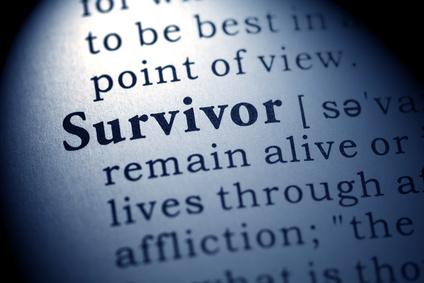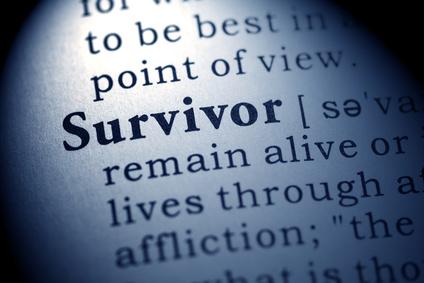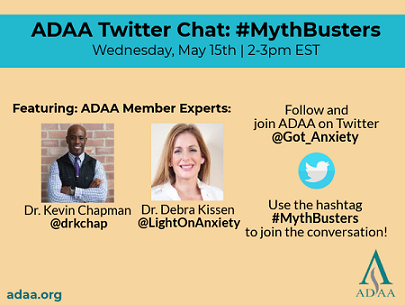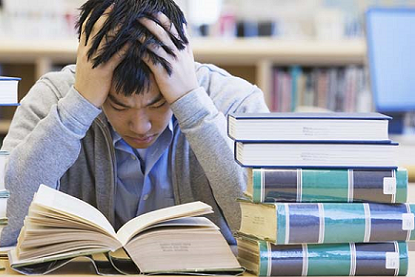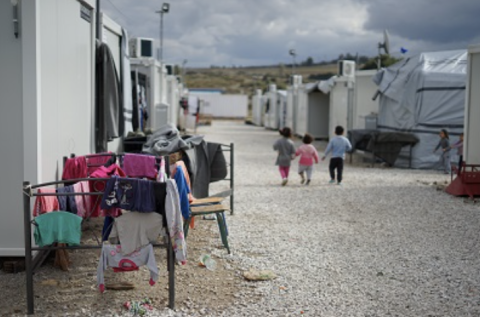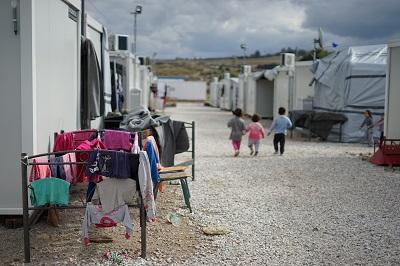ADAA Mental Health Blogs for the Public
The loss of a loved one to suicide is a far too common tragedy. In 2017 alone, 47,173 people in the United States died by suicide [1] and it is estimated that an average of 135 people are exposed to each suicide death [2]. These suicide survivors include immediate and extended family members, friends, coworkers, classmates, and any others who were close to the deceased. Following a suicide loss, survivors may experience profound distress and emotional pain as well as feelings of stigma, guilt, and shame [3].
In honor of Mental Health Awareness Month, Drs. Debra Kissen and Kevin Chapman hosted a Twitter chat under the title #MythBusters where they debunked common myths surrounding anxiety and provided the actual corresponding facts.
M1: Taking some deep breaths or breathing into a brown paper bag will help you when you feel anxious.
Culture affects the way we express our thoughts, behaviors and emotions. It is therefore not surprising that there are cultural differences in the way anxiety and depression is manifested and treated. One of the main differences seen across cultures is the way anxiety and depression is expressed. Someone from a culture where it is common to know psychological terms, could easily describe anxiety and depression using those specific words. In other cultures, other words might be more common.
College is an exciting time for many young adults. It’s a time of newfound freedom, opportunity to expand one’s social network, develop new friendships, engage intellectually and consider one’s future career paths. However, it can be a challenging and stressful time for many. For many, it is the first time they are not living at home where there is a built-in support network. First time college students also have to learn to navigate a cadre of new demands, set their own schedules, find effective routines, and balance a variety of demands in order to succeed.
Imagine one morning you wake up to a loud sound of explosion, and in disbelief find out the whole city is in chaos. There is no electricity, no tap water, grocery stores are closed indefinitely, and there is no gas for the car. Control of your neighborhood constantly transitions between different groups who may treat you differently based on your religion or ethnicity, and yourself and your family are under constant threat of torture, and injuries, or even loss of life. This is what happened in Syria.
Friends and family are great at being the go-to support for the occasional ups and downs we experience in our day-to-day lives. Venting to them can feel uplifting, but in order to learn tools to overcome life’s challenges feel and feel empowered in the long run, seeking professional help may be the best route. However, sometimes there is a barrier. The most common being the costs that seems to get in between people wanting to create change but not having the funds to do so.
